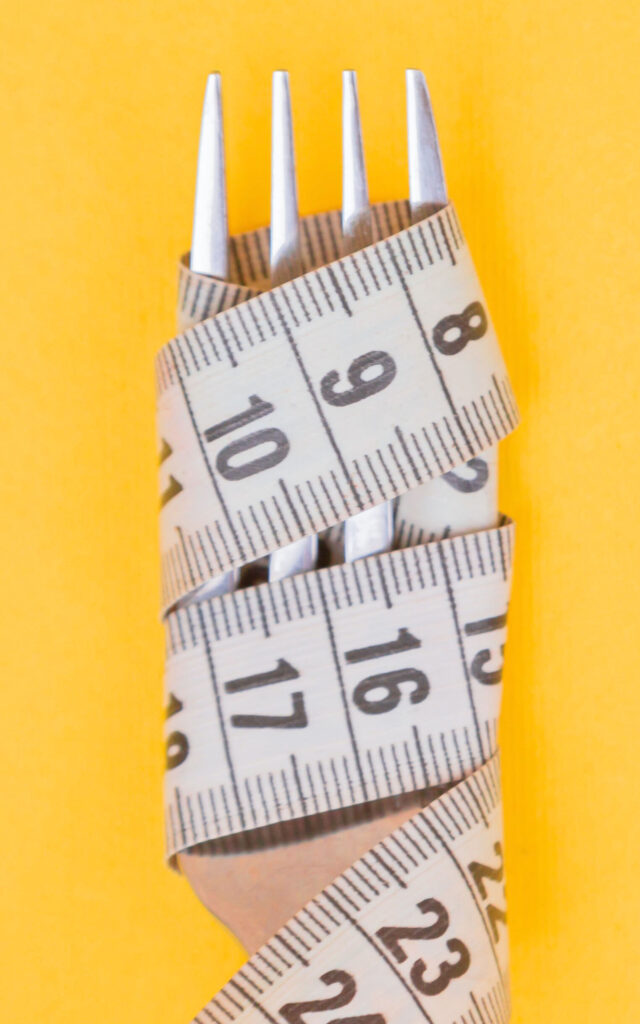In a couple of days, the New Year will be upon us. And after the revelry of the holiday season, resolutions come to mind — to get healthier, to lose weight, to save money, to be more organized, to quit smoking. These are some of the top resolutions made year after year. How do you make 2024 the year you finally achieve these goals?
First of all, don’t make a very long list of resolutions that might overwhelm you. Maybe list down three to five to start.


Resolve tends to waver then the goals cannot possibly be attained, like losing 50 pounds in one month. Not only does it seem daunting, but it is also unhealthy. And if you don’t start losing weight in the first week of January you might just give up. Don’t set the bar too low, but also be realistic.
If losing 50 pounds (or more) may be your goal, break it up into smaller increments of a pound a week or five pounds a month, which makes it easier to achieve. Consult your doctor on the healthy rate of weight loss for you. In general, if it comes off gradually you are also more likely to keep it off. (TIP: If you want to lose one pound a week, cut out 500 calories a day).

Make it meaningful
Make a purposeful resolution, making it meaningful and something you really want to be or do, not just because you should do it. For example, you know you should quit smoking because health experts say you should, but you are more likely to stop smoking if you decide to quit because it means you will increase the likelihood that years from now, you will not have breathing problems like chronic obstructive pulmonary disease (or COPD) or emphysema, and won’t need to be dependent on oxygen when you’re older.
Have a plan. If you want to get fit this year, then set aside some time to exercise in your calendar and stick to it. Some will buy the equipment and workout clothes, or sign up with a gym, but then don’t have the time to really do the exercise. Join a group that encourages you, or make that fitness goal with a friend. Aim to exercise at least 30 minutes a day, three times a week and be consistent. If it means setting an alarm each day, then do so. Break it up into increments of 10 minutes, three times a day, if you really don’t have the time.
Start small. If you haven’t exercised in a while, start with walking a few minutes a day, then build from there. You can injure yourself if you do too much right away.

Measure your progress. If your goal is to lose weight, weigh yourself regularly. Keep a journal so you can see how things have improved or not. Taking note of why you are not reaching your goals so you can take the steps needed to stay on track.
Give yourself a reward. Let’s face it, we all work harder when there is a prize at the end. Maybe it’s a treat that you can have once you’ve lost those first 10 pounds (just don’t overdo it and undo all that hard work!). Or maybe buying that special outfit once you have reached your fitness goal, or if you have saved enough (don’t spend everything that you’ve saved though!)
Don’t give up. Remember that success doesn’t happen overnight. If you fall back into old habits, don’t dwell on it. Don’t engage in negative thoughts and continue to remain positive. When you wake up the next day act like you didn’t have a setback and start fresh.
You don’t have to even wait for New Year’s Day to start making beneficial changes. After all, it is just an arbitrary day set on a calendar year. Remember that each new day brings with it another chance, new opportunities and time to make a difference from the day before.
